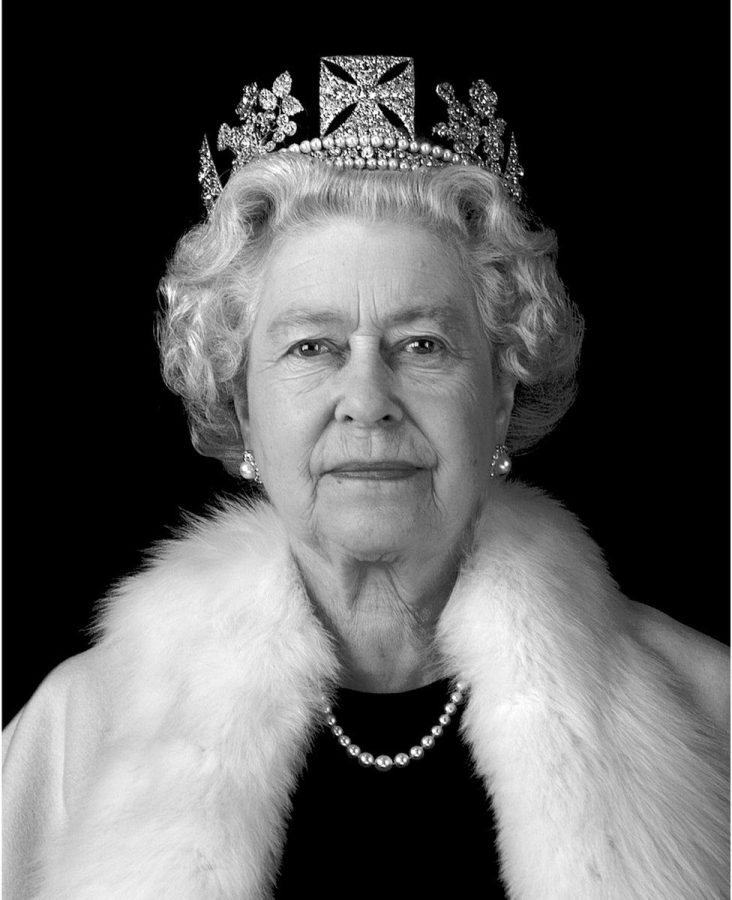Caffeine binds to our adenosine receptors, preventing an individual from feeling tired. When someone drinks coffee or another caffeinated beverage regularly, the adenosine receptors multiply; these individuals require more caffeine to ward off the sleepy sensation that caffeine normally prevents. On average, a person drinks about two hundred to four hundred milligrams of caffeine a day. Caffeine affects the body in several different ways, and these effects all stem from caffeine’s impact on the brain.
When people consume caffeine, it increases their alertness and can improve their mood; however, caffeine also has the potential to increase anxiety. The outcome depends on the people’s expectation for how the caffeine will make them feel. Research shows that those who are experiencing caffeine withdrawals will develop increased anxiety, whereas, consuming caffeine at normal levels often has positive effects. If people already experiences anxiety, caffeine has the potential to heighten their anxiety and worsen their mood.
Additionally, studies have shown that caffeine can increase productivity. Research proves that those who drink a low amount of caffeine periodically tend to accomplish more than other individuals who drink more caffeine regularly. Drinking a lot of caffeine each day scientifically improves performance on many tasks; researchers believe this efficiency is due to the caffeine’s effects.
Finally, caffeine also affects adrenaline. Caffeine often raises people’s heart rates, encourages blood flow, and opens airways. It also affects dopamine levels, creating a happy feeling after caffeine consumption. This dopamine component is what makes caffeine addictive.














